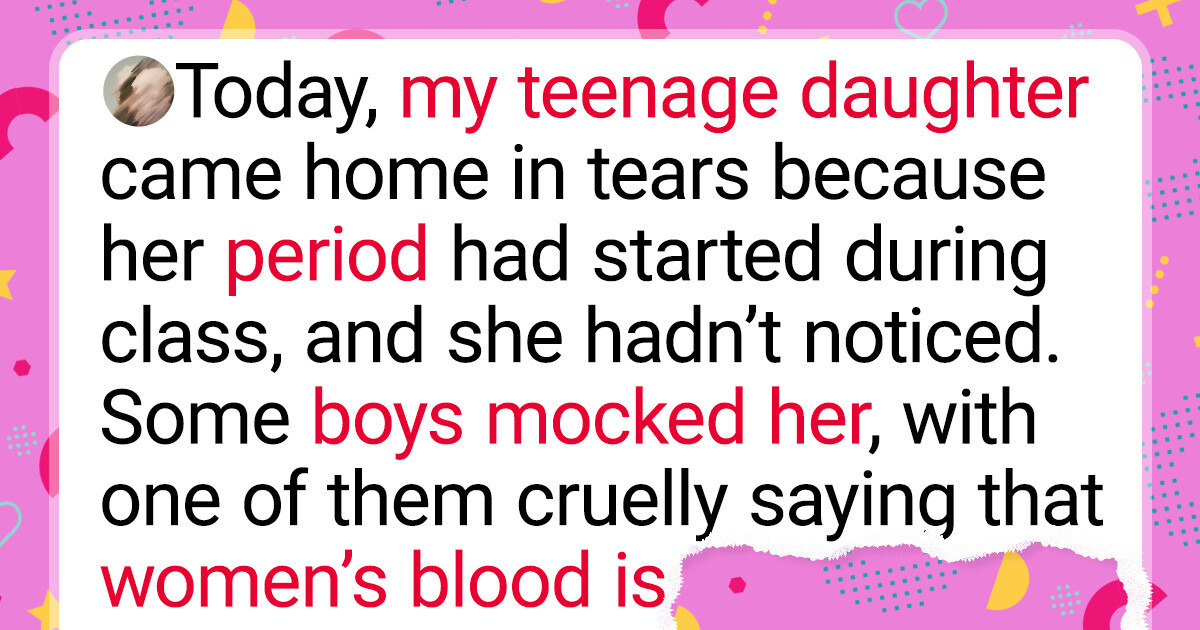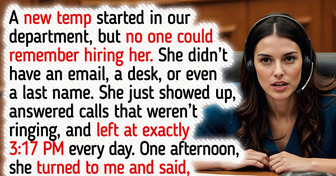I Left My Wife on Our Wedding Night Because of What She Prepared for Me


Menstruation often remains a topic shrouded in mystery and discomfort. Despite being a natural and crucial aspect of women’s health, periods can trigger fear and unease in men, largely due to misconceptions and inadequate education. This fear stems not only from a misunderstanding of the biological process, but also from deeply ingrained cultural stigmas that have persisted across generations.
Surprisingly, many men still lack basic knowledge about women’s periods. For instance, some wrongly believe that you can’t pee with a tampon in, think that tampon sizes are meant for different cavities, or assume that women lose a gallon of blood each cycle.
In a 2021 survey by INTIMINA, a period product brand, which questioned 1,091 American men about their understanding of menstruation, the results were striking. 14% percent of the men had never discussed periods with a woman, a quarter thought tampons had to be removed to urinate, and 11% believed that women can’t get pregnant during their period.
Even more unusual misconceptions emerged: 4% of men thought tampons and periods could get lost inside the genitalia, and 8% believed menstruation could attract sharks in the ocean.
The interviewees claimed they saw no difference between menstrual blood and other types of blood. However, their initial reactions to seeing menstrual blood contradict this, revealing a sense of disgust. There is also a strong association between menstrual blood and bodily waste in the minds of the interviewees, with many men likening menstruation to feces.
On a positive note, 78% of men surveyed believed it was essential to educate boys about periods. Researchers suggest that involving boys and men in the conversation is crucial for normalizing menstruation. Positive case studies show that educating boys about periods reduces stigma and misinformation.
Here are some stories from our readers who had to deal with negative reactions to menstruation:
“While I was at the mall wearing my favorite white pants, I was caught off guard when I realized my period had started. Suddenly, a guy pointed out the stain and said, ‘That’s disgusting. Women should just stay home during their periods.’ I was mortified and quickly left, but his cruel words only strengthened my resolve to never let ignorance shame me again.”
“Today, my teenage daughter came home in tears because her period had started during class, and she hadn’t noticed. Some boys mocked her, with one of them cruelly saying that women’s blood is awful and girls are dangerous.”
"Today at work, I had a sudden leak while wearing my light gray trousers. I tried to discreetly make my way to the bathroom, but a colleague noticed and said, ’"You should just stay home when you’re on your period; no one wants to see that." I was humiliated but decided to confront him. I told him periods are natural and not something to be ashamed of. He looked surprised and apologized. Sometimes, a little education can change attitudes."
Jane Bennett, founder of the Chalice Foundation, shared her experience educating fathers about periods. She found that fathers who understand and support their daughters through puberty make a significant positive impact on their daughters’ confidence and body image. This support helps girls manage their periods confidently and develop a healthy attitude towards their menstrual cycle, improving their overall well-being.
Men can play a vital role in breaking the menstrual taboo by learning about periods and discussing them openly. Let’s move beyond myths and misconceptions and treat menstruation as the natural and important topic it is.
Menstrual periods are beginning earlier for younger generations. According to the study, younger participants experienced their first period at a younger age and took longer to establish regular cycles. These findings were published in the journal JAMA Network Open in May, 2024.
By analyzing menstrual cycle data from 71,341 individuals using iPhones and Apple Watches, researchers found that girls born between 2000 and 2005 are getting their first period at approximately 11.9 years old. In comparison, those born between 1950 and 1969 began menstruating at around 12.5 years old. This study highlights a trend of decreasing age for the onset of menstruation over generations, suggesting potential shifts in the factors influencing the timing of puberty.
Dr. Wang highlighted the importance of this trend, noting that early onset and irregular menstrual periods can signal potential health issues later in life that require attention. He also pointed out that these changes might contribute to increased health problems and disparities in the U.S. This underscores the need to understand and address these trends for the sake of public health.
When it comes to periods, it’s quite common for women to ask their partners to pick up tampons at the store. This was the situation for a married man who wanted to support his wife. However, during his trip to the store, he accidentally got caught up in a huge scandal.











